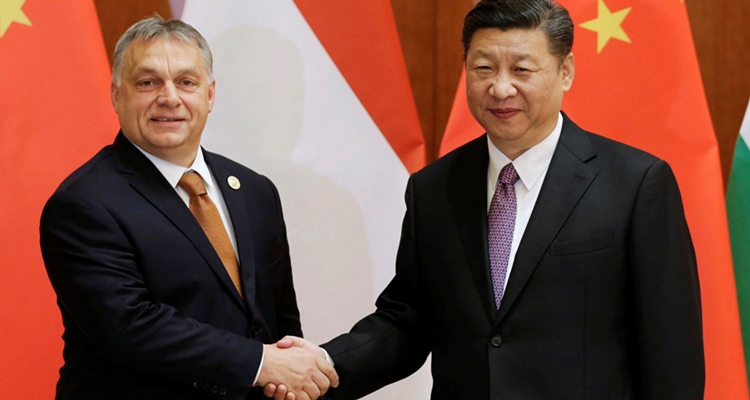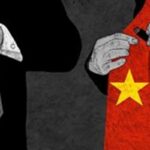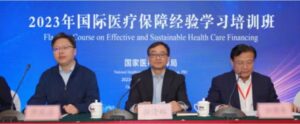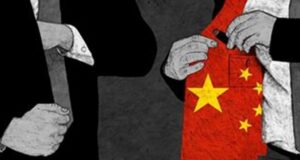
Unwillingness to decouple from China is a “red line” for Hungary, according to Hungary’s deputy minister for foreign affairs and trade, Levente Magyar.
The minister says “we’re having excellent trade relations with China, and China has become one of the biggest investors in Hungary,” and that’s that. As the Trojans said, why look a gift horse in the mouth?
The South China Morning Post reports (May 15, 2025):
EU officials have long wondered how [Hungarian Prime Minister Viktor Orban, shown above with the Chinese dictator, Xi Jinping] would thread the needle as superpower hostilities escalated. Several of Trump’s aides have said they want to cut Beijing out of global supply chains, and will lean on American allies to do so.
“Eventually, [Orban] will have to make a choice,” a senior EU official told the South China Morning Post after last year’s US election. “It’s Trump or China. We don’t know which one he would choose.”
Big Chinese companies such as CATL, the global leader in batteries, and BYD, the world’s biggest EV maker, have invested heavily in the central European country. CATL’s €7.3 billion (US$7.8 billion) plant in the eastern city of Debrecen is expected to start production this year. BYD’s Hungarian facility is also set to start producing EVs this year.
The United States itself is hardly as yet fully decoupling from China, though it has made progress in doing so in various security-related industries. Nor do we know to what extent the U.S. will be decoupled from China by the time we get to the dénouement of the current trade negotiations. The pressure on the Chinese Communist Party to make substantial concessions has been greatly alleviated by the recent 90-day pause in the U.S.-China tariff war.
The uncertainties also mean that it isn’t particularly clear whether the United States really will be demanding or be in a position to demand that allies cooperate in working to eject the totalitarian state from global supply chains.
In any event, says the Hungarian deputy minister, leave Hungary out of any decoupling. And given the peremptoriness of his dismissal, he also seems to be saying: don’t expect Hungarian officials to even do any thinking about why doing less business with China might be a good idea.
Levente Magyar supposes that he’s merely being practical. But it’s never practical to ignore what happens the day after tomorrow.











